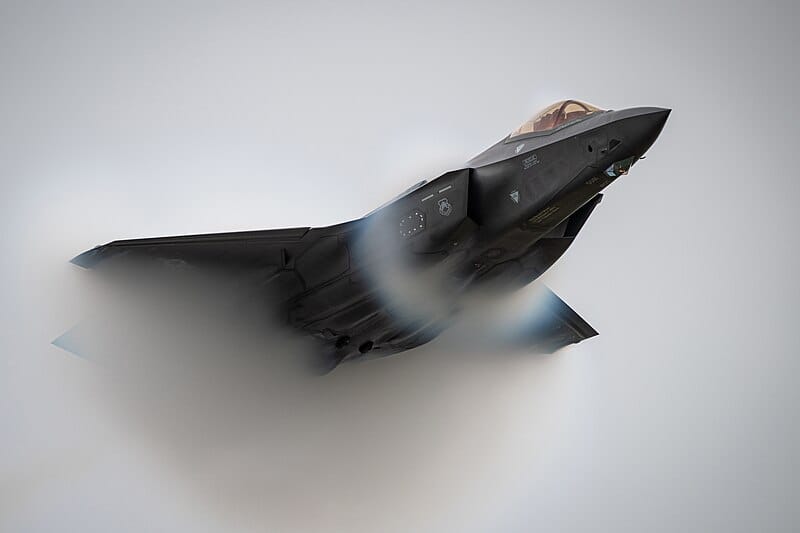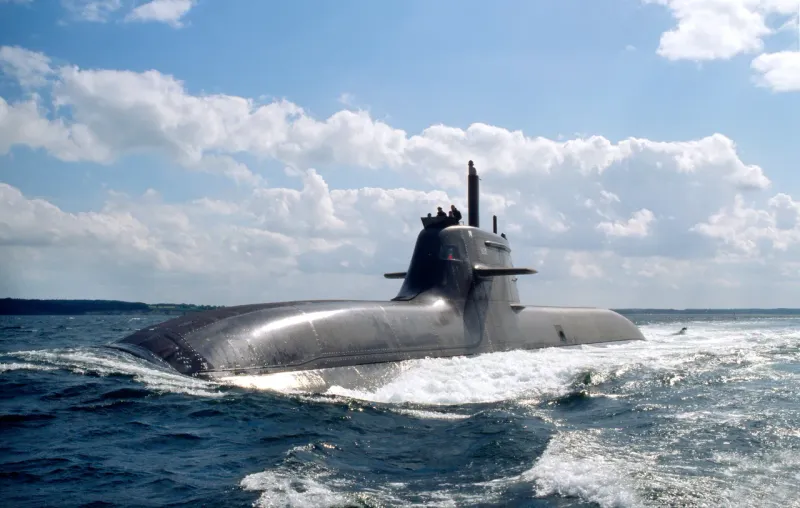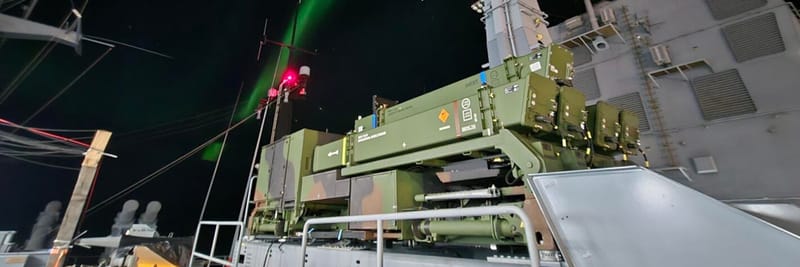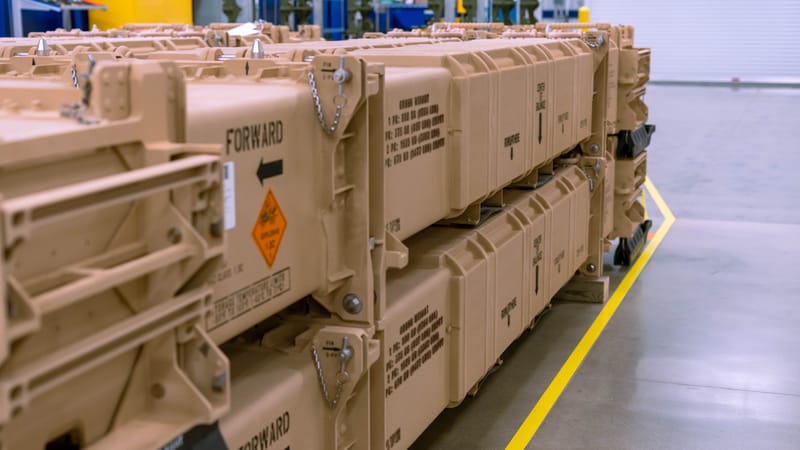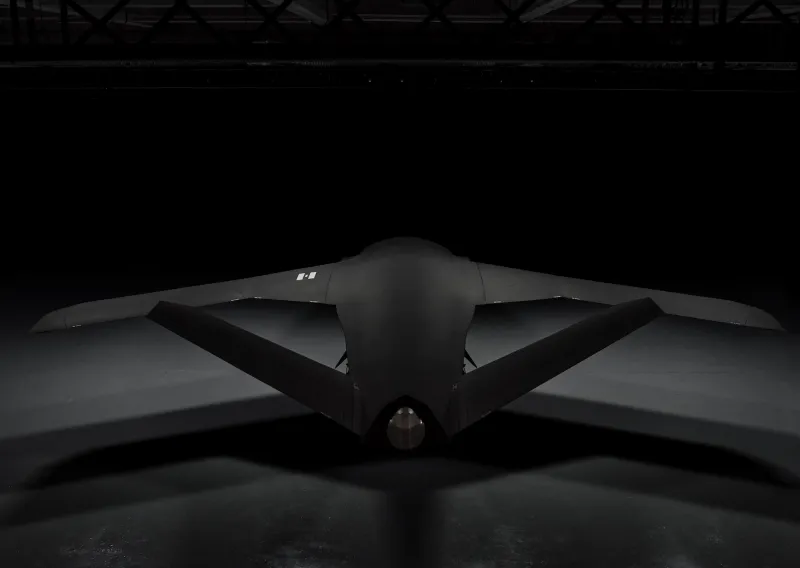Diehl Deploys JRV-01 Target Drones for Realistic IRIS-T Firings in Asian Airspace
New drone integration supports cost-effective missile testing and training realism across Korea, Thailand, and future IRIS-T operators.
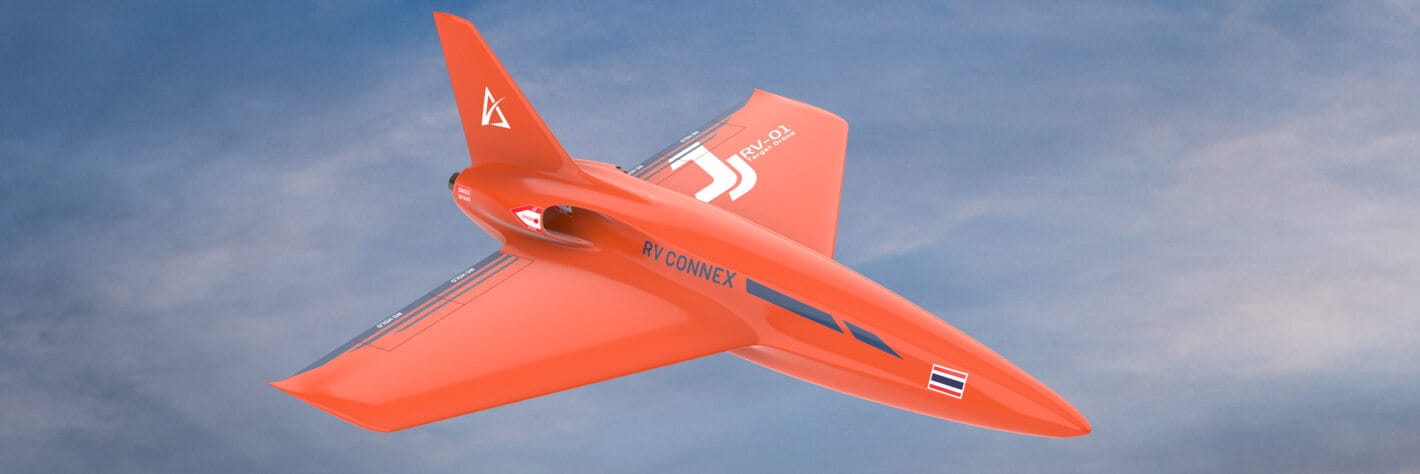

TL;DR: Diehl and RV Connex signed a deal for JRV-01 drones to support IRIS-T missile tests. Adds flight cert services. Boosts realism in training. Targets Asia, eyes global. IRIS-T use expands in Korea, Thailand. Drones cut test costs, aid seeker and fuze testing. Enhances deterrence, air dominance, platform validation.
Diehl Defence has expanded its strategic cooperation with Thai defense and security firm RV Connex, formalizing a contract for the delivery of JRV-01 target drones and associated services to support live firings of the IRIS-T air-to-air missile.
Signed on May 22, 2025, the agreement follows a memorandum of understanding signed in November 2023 and marks a significant step toward deepening the operational partnership between the two companies. In addition to drone deliveries, the contract includes services supporting flight certification projects for missile integration on airborne platforms.
RV Connex’s JRV-01 drone system offers advanced threat simulation capabilities that will be used to increase realism during IRIS-T live fire exercises. The system enhances operator training under real-world conditions and aligns with shifting security requirements. According to Diehl Defence, the JRV-01 provides high-fidelity threat emulation without requiring a complex testing infrastructure—an advantage for cost-effective missile qualification and user training.
Initial test firings involving the IRIS-T missile and the JRV-01 drone are already scheduled. Both companies have announced plans to further expand their joint service offering and explore broader market access.
The partnership initially targets the Asian market, but both firms acknowledge the potential for global expansion. Diehl Defence has a long-standing presence in the region, supplying IRIS-T missiles to the Royal Thai Air Force (RTAF) since 2013 and working closely with Korea Aerospace Industries (KAI) to integrate IRIS-T into platforms such as the FA-50, TA-50, and the next-generation KF-21 fighter.
In 2024, the Republic of Korea signed its first procurement contract with Diehl for IRIS-T missiles, following successful integration milestones. In October 2024, Diehl Defence also signed a dedicated support agreement with the RTAF for continued operational use of IRIS-T systems.
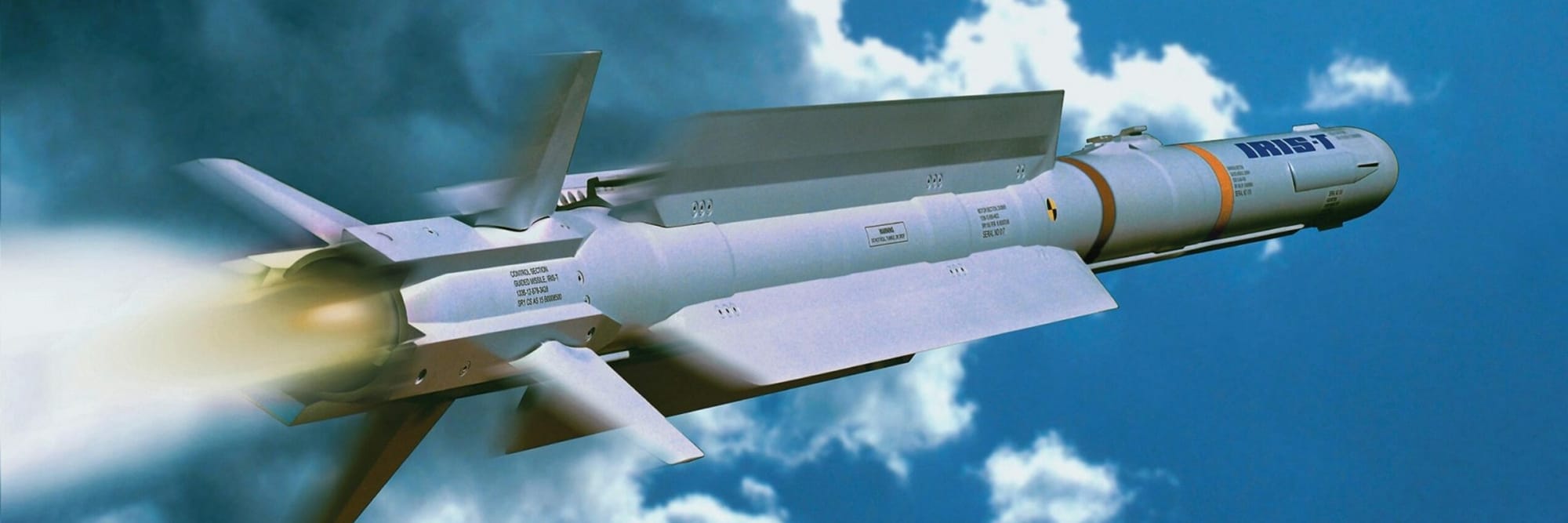
Helmut Rauch, CEO of Diehl Defence, commented:
"I’m proud to expand our presence in Asia together with RV Connex. After 15 years of successful cooperation in Thailand, I’m confident we’re just beginning to unlock the region’s full potential."

Großwald Systems: Implications
Technical Weapons Perspective
- JRV-01 Target Drones: These are high-fidelity, unmanned aerial systems designed to emulate realistic airborne threats during live missile firings. Their use allows air forces to test missile seeker logic, proximity fuzing, and terminal guidance performance under operationally relevant conditions.
- IRIS-T Integration: The IRIS-T (InfraRed Imaging System Tail/Thrust Vector-Controlled) is a fifth-generation short-range air-to-air missile. Testing it on agile, maneuverable drones like the JRV-01 allows for fine-tuning of target acquisition algorithms and confirms system behavior against high-speed, evasive targets.
- Simplified Test Infrastructure: The system allows for deployable, plug-and-play style firing trials, reducing reliance on large-scale range facilities. This is particularly valuable for customers with emerging air forces or limited sovereign test infrastructure.
Deterrence Implications
- Credible Use Demonstrations: Live firings—especially with realistic threat representations—signal operational readiness. This enhances deterrence by demonstrating that a force’s air-to-air capabilities are tested, validated, and integrated.
- Strategic Signaling: In regions like East and Southeast Asia, where airspace competition is intensifying, such exercises can serve as a soft power demonstration of missile reliability and operator proficiency.
- Export Deterrence Cascade: As IRIS-T proliferates (e.g., in Korea, Thailand, Egypt), so too does the ability to conduct credible deterrent training with tools like JRV-01—helping recipient nations build indigenous deterrent credibility.
Domain Relevance (Air Domain)
- Air Superiority & Air Policing: Realistic training with agile drone targets supports the broader mission of air superiority, which is foundational for both offensive and defensive control of the air domain.
- Cross-Platform Validation: IRIS-T is integrated across multiple fighter platforms (Eurofighter, Gripen, F-16, KF-21). The ability to test and qualify missile performance across these platforms in varied geographies boosts coalition interoperability and domain awareness.
- Sensor-Fire Coupling: The use of drones also facilitates better understanding of sensor-to-shooter dynamics, improving target discrimination and fire-control doctrine in contested airspace.
